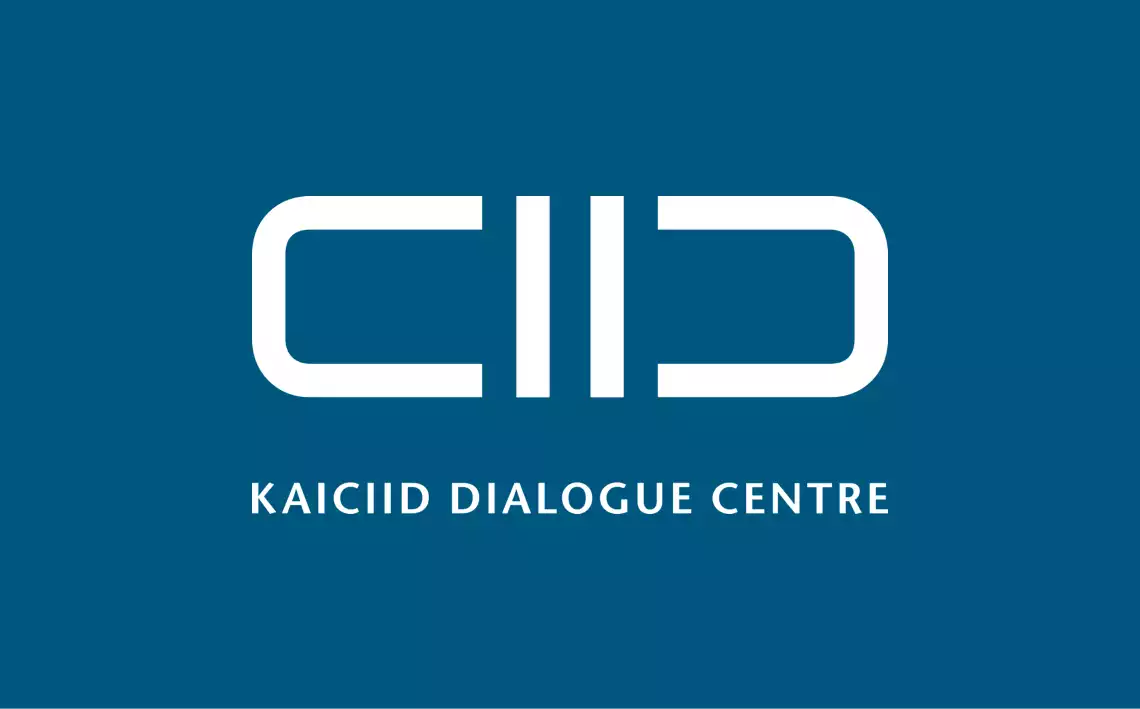 The King Abdullah Bin Abdulaziz International Centre for Interreligious and Intercultural Dialogue, commonly known as KAICIID, stands as a unique intergovernmental organization dedicated to promoting dialogue among different religious and cultural groups to foster understanding, cooperation, and peace. Established in 2012, KAICIID’s genesis is rooted in a proposal by King Abdullah bin Abdulaziz of Saudi Arabia and supported by Austria and Spain, with the Holy See as a Founding Observer. This initiative reflects a visionary approach towards leveraging dialogue as a tool for reconciling divergent views and strengthening global solidarity.
The King Abdullah Bin Abdulaziz International Centre for Interreligious and Intercultural Dialogue, commonly known as KAICIID, stands as a unique intergovernmental organization dedicated to promoting dialogue among different religious and cultural groups to foster understanding, cooperation, and peace. Established in 2012, KAICIID’s genesis is rooted in a proposal by King Abdullah bin Abdulaziz of Saudi Arabia and supported by Austria and Spain, with the Holy See as a Founding Observer. This initiative reflects a visionary approach towards leveraging dialogue as a tool for reconciling divergent views and strengthening global solidarity.
The Framework and Mechanisms of KAICIID
Delving into the operational framework of KAICIID, it is evident that the Centre employs a multifaceted approach to dialogue. This includes facilitating discussions among religious leaders, policymakers, and civil society organizations, and conducting educational programs that aim to enhance mutual understanding among diverse communities. KAICIID’s strategy is grounded in the belief that dialogue can act as a catalyst for change, fostering environments where diverse religious and cultural groups can coexist peacefully.
Central to KAICIID’s methodology is its emphasis on inclusivity and respect for all faith traditions. By engaging a broad spectrum of religious leaders and practitioners, the Centre ensures that multiple perspectives are heard and valued. This inclusive approach not only enriches the dialogue but also reinforces the principle that mutual respect is foundational to peaceful coexistence.
The historical analysis of KAICIID reveals a trajectory of expanding influence. Since its inception, the Centre has played a pivotal role in numerous global initiatives, ranging from conflict resolution in strife-torn regions to advocating for the rights of religious minorities. Its efforts have been instrumental in breaking down barriers of misunderstanding and fostering a spirit of cooperation among diverse religious and cultural groups.
In examining KAICIID’s impact, it is crucial to acknowledge the challenges and criticisms it faces. Navigating the complex terrain of interfaith dialogue involves addressing sensitive issues, balancing diverse viewpoints, and ensuring that the dialogue translates into tangible outcomes. Despite these challenges, KAICIID continues to evolve as a dynamic platform for promoting peace and understanding across the globe.
The Global Reach and Achievements of KAICIID
KAICIID’s global reach is marked by its diverse range of initiatives and partnerships. The Centre’s programs span across continents, addressing region-specific issues while promoting a universal message of dialogue and understanding. One notable achievement is the establishment of interfaith dialogue platforms in various conflict zones. These platforms have facilitated crucial conversations among conflicting parties, often leading to significant breakthroughs in peace processes.
Another key aspect of KAICIID’s work is its contribution to the academic and intellectual discourse on interfaith dialogue. Through research, publications, and conferences, the Centre has enriched the understanding of dialogue’s role in peacebuilding. Its resources serve as vital tools for educators, students, and practitioners in the field, offering insights and practical guidance on conducting effective interfaith dialogues.
Equally important is KAICIID’s role in empowering youth and women in dialogue processes. Recognizing these groups as vital agents of change, the Centre has initiated several programs aimed at enhancing their skills and participation in interfaith initiatives. By doing so, KAICIID ensures that the voices of the often marginalized are heard and included in shaping a more inclusive future.
In summary, KAICIID stands as a beacon of hope in a world often divided by religious and cultural misunderstandings. Its commitment to dialogue as a means of fostering peace and mutual understanding is not only commendable but necessary in today’s interconnected world. While challenges remain, the Centre’s achievements and ongoing efforts offer a roadmap for others to follow in the quest for a more harmonious global community.
References
- “Interfaith Dialogue: Global Perspectives.” Ed. by Martinson, Paul. Cambridge University Press, 2018.
- KAICIID. Who We Are (accessed January 2, 2024).
- “Peacebuilding in a Fractured World.” Johnson, David, and Turner, Robert. Oxford University Press, 2020.
- “Religious Dialogue as Human Rights.” Qureshi, Emran, and Sells, Michael. Harvard University Press, 2016.
- “The Art of Dialogue in Conflict Resolution.” Fisher, Ronald. Routledge, 2019.
- “The Role of Religion in World Peace.” Edited by Khan, Ahmed. Bloomsbury Publishing, 2017.
- “Understanding Interreligious Relations.” Cheetham, David, et al. Oxford University Press, 2013.
